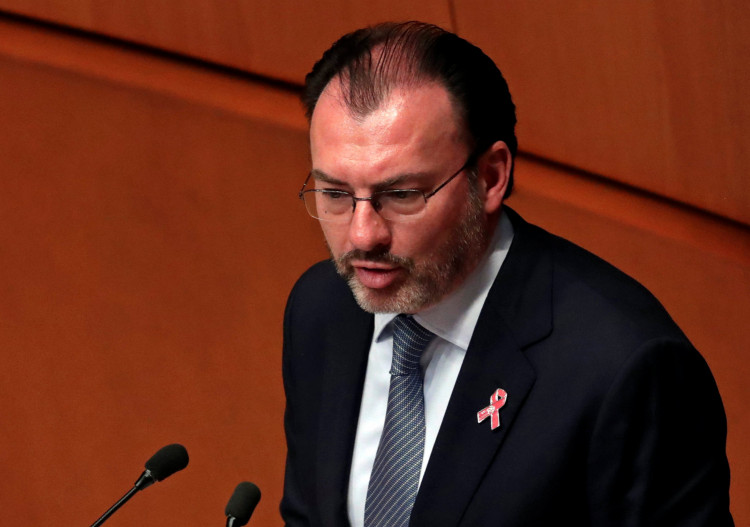A poll of 26 investors, traders, and strategists conducted between Sept. 25 to Oct.2 found that assets in the developing nation will sustain stability in the last three months of this year. Respondents gave preferential ranking to Mexico due to the country's presidential election and a revised NAFTA deal with the United States and Canada.
Latin America, as a whole, surpassed Eastern Europe, the Middle East, and Africa. Respondents of the survey said the region has the most favorable prospects for currencies and bonds. Asia, meanwhile, was the most favored for top equities.
As mentioned, Mexico was the most preferred, considering its currencies, bonds, and equities. In fact, the country is expected to outperform in the last three months of this year as it reaps the awards of the revised NAFTA deal now known as the United States Mexico Canada Agreement or USMCA.
The investors, traders, and strategists polled for the Bloomberg survey also perceived President-elect Andres Manuel Lopez Obrador as more inclined to implement cordial market policies compared to the past administration.
Indeed, even with the USMCA in place, Mexico said it would not impact its trade relations with other countries which are not members of the accord, such as China. This was because the new trade deal includes a provision where if one of them entered a free trade deal with a non-market nation, the other member countries could invalidate USMCA and expel the guilty party altogether.
In a phone call on Oct. 13, Mexican Foreign Minister Luis Videgaray assured his Chinese counterpart, Wang Yi, that the USMCA will not hamper its economic ties with Beijing.
With a new president to assume office by November and the revised NAFTA deal, the Mexcian peso rallies more than 4 percent against the dollar. The Mexican peso had become the only currency that enjoyed surge from among the other 22 currencies in the region, Bloomberg noted.
The survey also found that Argentina and Turkey continued to underperform due to internal conflicts experienced by respective countries. Their individual currencies continued to sink nearly 50 percent and 40 percent correspondingly. The respondents, however, were optimistic due to the recent development in diplomatic ties and bank policies in the two countries.
On Oct. 13, Reuters reported that Argentina's central bank would issue new publicly traded short-term notes in the coming days to reduce debts by the end of 2018. The bank said it plans to offer between 100 billion and 150 billion Lebac or the country's peso-denominated short-term debt. The move is expected to counterbalance an estimated 230 billion pesos that could expire within the coming weeks.
On the same day, Turkish lira had rallied sharply against the dollars on the recent development in the case involving detained U.S. pastor Andrew Burson. The United States and Turkey were entangled in a bitter diplomatic row but are now said to be nearing a resolution after the pastor was released following two years of confinement in Turkey.
Marcelo Assalin, head of emerging markets debts at NN Investment Partners BV in The Hague, told Bloomberg that market analysts have restored their confidence in the emerging market because of the progress attained in Argentina and Turkey.
Now, with the improvement achieved in bank policy in Argentina and diplomatic ties of Turkey, the majority of the developing nations are on their way to a healthier economic shape, Assalin said.






